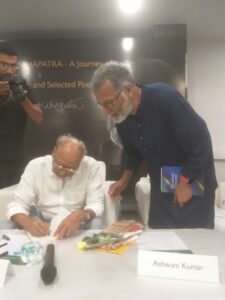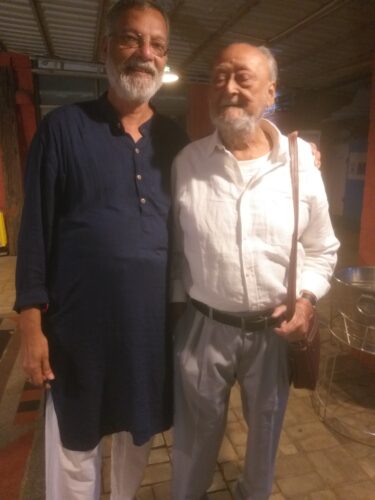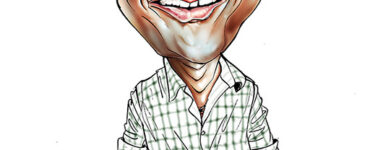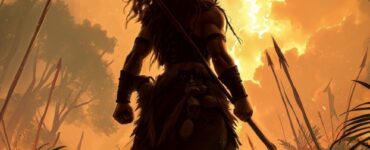It was Jayanta da whom I had installed within myself, as an idol of inspiration for my poetry-writing in English. We had indeed nurtured a very intimate bond over the years, and whenever we met, his overflowing affection warmed my heart.
I had met Jayanta da for the first time 32 years ago—in July 1991, at Mysore, at an International Literature Festival at C D Narasimhaiah’s international centre of colonial literature, Dhwanyaloka. At that time I was on a visit to Dhwanyaloka Library along with Anvar Ali, my friend and classmate at the School of Letters at Mahatma Gandhi University, now a leading Malayalam poet and lyricist, to do research for our M Phil dissertations.
Then from the time I joined the editorial team of the bilingual English journal of Sahitya Akademi, the Indian Literature in 1997 I have had the good fortune to play my humble part, in connection with the publication of his wirings, and for the various Sahitya Akademi programmes in his honour, conducted in our head office in New Delhi, over the years.
Then our meetings in recent years—at Bangalore Poetry Festival, in August 2018, where we were practically together all the time for three days. The Chandrabhaga Poetry Festival in 2019, and then when I had the occasion to visit him with my family at his Tinkonia Bagicha home in Cuttack on 3rd February 2020.
By a benevolent twist of destiny, I was present in Bhubaneswar on April, 8, 2023, when his new and collected poems titled Noon, and a coffee table pictorial volume Jayanta Mahapatra-A Journey, both published by Ketaki Foundation, were being published at 5 pm, at Bhubaneswar Press Club. My being at Bhubaneswar at that time was quite matter of last-minute decision owing to my peculiar health situation, yet something pushed me to be there for another programme on the 7th and 8th for which I had committed myself. This proved to be my chance of a lifetime, to meet him and bid him farewell, not quite knowing that it was our last time together. In the function he made a speech, which definitely sounded like a parting speech, reminiscing his life thus far, and the times he has been a witness of. I will reproduce here the gist of what he said. He opened the speech with this particularly poignant statement: “Friends, This book launch has warmed my old and broken heart. To be felicitated with such a book in one’s lifetime takes away the pain, the struggle I have lived through in poetry over the last 60 years.” He said, it maybe that he would not have lived as himself, but as someone else, he said.
“It is strange that when I started writing poetry, it was not in a sense of vicarious happiness, like that of falling in love, but it was in a moment of great weariness that I was filled with this illusory longing. Today why it is difficult to say the very same weariness wears me down, it is not simply because I am 95, it is not the immediate sense of the meaninglessness of life, it is not the nostalgia that I feel for things that I have lost, and for things in front of me. Perhaps, I am suddenly aware of those unseen forces which run the world. These unseen shadows in which we wander, for which I am just a fly resting for a moment before the gaze. Perhaps you will smile to yourselves thinking it is a cliched remark. Perhaps it is. But for me, at this moment, it is not. I have become a fly after these 95 years of eating and drinking, loving and hating, hurting people and being hurt myself.”
He went on to say that there are some deep-seated griefs so subtle, that it is hard to tell whether they have caused painful wounds to our body which never heal. Or, this may have been caused by thinking about the futility of life. Whatever, existence itself keeps wounding us, he said. “This existence which pushes one to write poetry, from whatever there is, and never, from what there should be. But can anything save us from our existence? It isn’t death I want today. It isn’t life too that I want. It is that twilightly nameless thing, that rests at the bottom, of a vase of flowers which holds all sunsets, all visions, all memories.”
In this brief speech, as you must have noticed, he has set out, in brief, his poetic manifesto.
I consider myself extremely lucky to have been close to the heart of Jayanta da, whom I, Eakalavya-like had made my guru in English poetry. I wish him everlasting peace.
*









Add comment